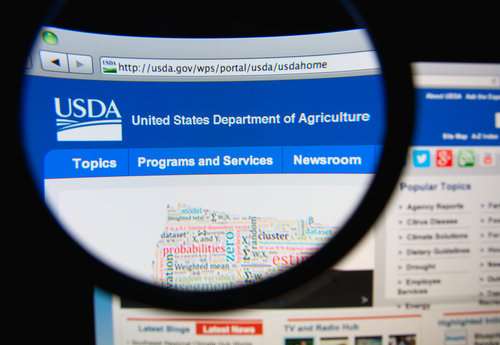Numbers are shown in USDA’s latest NASS report
By Diego Flammini
Assistant Editor, North American Content
Farms.com
According to a recent report from the USDA’s National Agricultural Statistics Service, farm workers in Iowa and Missouri are earning above the national average.
The report looks at the reference week of April 10 to 16, and approximately 22,000 people were hired by farms within that time. The employees were paid an average of $13.17 per hour, up $1.09 from $12.08 per hour in April 2015.
On a national level, farm operators paid workers an average of $12 per hour, up from $11.43 an hour in April 2015.
Field workers in Iowa and Missouri were paid an average of $12.89 per hour this April, an increase of $1.97 from $10.92 per hour last April.

Livestock workers earned $13.26 hourly in April, compared to $11.79 in April 2015.
Operators hired 3,000 less workers during the reference week compared to April 2015. Employees worked an average of 37.8 hours per week, an increase from 37 hours in April 2014.
The states that saw the largest increases in hired workers dating back to the April 2015 reference week are Illinois, Indiana, Ohio, Michigan, Minnesota, Oregon, Washington state and Wisconsin.
Iowa, Kentucky, Missouri, North Carolina, Tennessee, Virginia and West Virginia saw the largest decreases in hired workers since the April 2015 reference week.